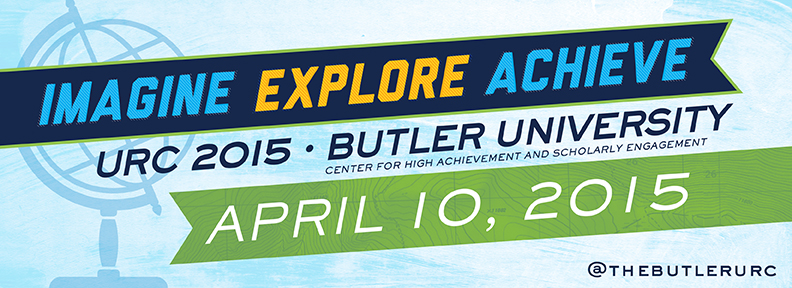
Psychology
How is Religiosity Related to Health?
Document Type
Oral Presentation
Start Date
10-4-2015 9:00 AM
End Date
10-4-2015 10:00 AM
Sponsor
Brian Giesler (Butler University)
Description
Prior work has indicated that being religious and being healthy are associated. Religiosity and physical health typically exhibit small to moderate positive correlations. As a result, most investigations have assumed the two variables are related in a linear fashion. Recently, we have found evidence that that relationship is curvilinear in younger adults. In the current study, we will examine data from a recent survey administered to a community sample of older adults in the Indianapolis area to assess whether the relationship might also be characterized as curvilinear (i.e., quadratic) in this age group. We anticipate that that the most and least religious individuals from our sample will report the highest levels of health, with those in between reporting lower levels of health.
How is Religiosity Related to Health?
Prior work has indicated that being religious and being healthy are associated. Religiosity and physical health typically exhibit small to moderate positive correlations. As a result, most investigations have assumed the two variables are related in a linear fashion. Recently, we have found evidence that that relationship is curvilinear in younger adults. In the current study, we will examine data from a recent survey administered to a community sample of older adults in the Indianapolis area to assess whether the relationship might also be characterized as curvilinear (i.e., quadratic) in this age group. We anticipate that that the most and least religious individuals from our sample will report the highest levels of health, with those in between reporting lower levels of health.
